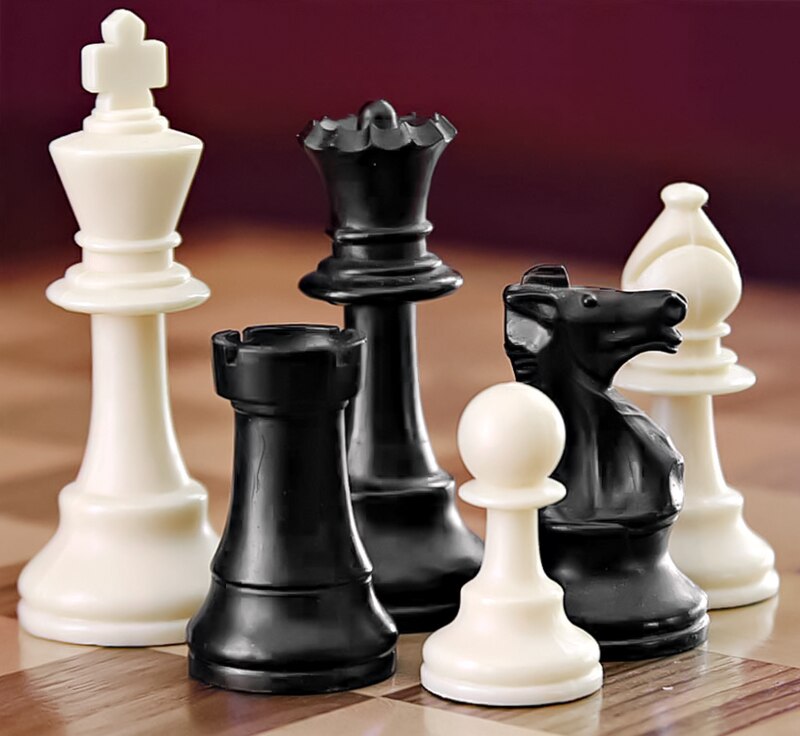1 min read
Chess Pieces Power Rankings and Points!

King:
- The king can move one square in any direction: horizontally, vertically, or diagonally
- The king is the most crucial piece on the board, and the primary objective of the game is to protect your own king while putting your opponent’s king in checkmate
- The king is invaluable, and it is not assigned a specific point value because its loss leads to the game’s end
Queen:
- The queen is the most powerful piece
- It can move diagonally, horizontally, or vertically any number of squares
- The queen is often considered the “combining power” of a rook and a bishop
- Typically, the queen is assigned a value of 9 points
Rook:
- Rooks can move horizontally or vertically any number of squares
- They are powerful for controlling open files and ranks
- Rooks are generally valued at 5 points each
Bishop:
- Bishops can move diagonally any number of squares
- Each player has two bishops, one that moves on light squares and another on dark squares, which control different areas of the board
- Bishops are usually given a value of 3 points each
Knights:
- Knights move in an L-shape: two squares in one direction (either horizontally or vertically) and then one square perpendicular to the first movement
- Knights are the only pieces that can “jump” over other pieces on the board
- Knights are also commonly valued at 3 points each
Pawns:
- Pawns move forward one square at a time but capture diagonally.
- On their first move, pawns have the option to move forward two squares.
- Pawns can promote to any other piece (except another pawn) when they reach the opponent’s back rank
- Pawns are typically assigned a value of 1 point each
These are the standard starting positions and powers for each chess piece in a game of chess.